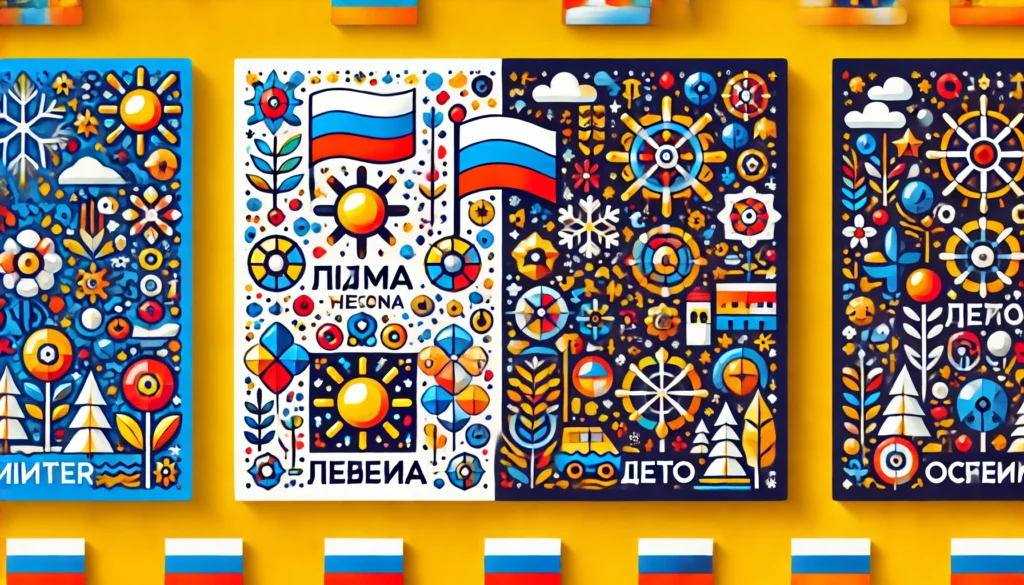Seasons in Russian
Learning about seasons in Russian is not only a crucial topic for language learners but also a fun and engaging way to expand your vocabulary and cultural knowledge. Understanding how seasons are named and described in Russian can greatly enhance your ability to communicate effectively with native speakers and immerse yourself in the language. Let’s explore why learning about seasons in Russian is important, how to approach this topic, and some examples to get you started.
Importance of Learning Seasons in Russian
1. Cultural Understanding: Seasons are an integral part of Russian culture, influencing traditional activities, holidays, and even cuisine. By learning about seasons in Russian, you gain insight into the country’s way of life and enhance your cultural competence.
2. Practical Communication: Being able to discuss seasons in Russian allows you to engage in everyday conversations, talk about weather conditions, plan activities, and make small talk with native speakers.
3. Vocabulary Expansion: Learning seasonal vocabulary in Russian not only improves your language skills but also enriches your overall vocabulary, making you a more proficient and versatile speaker.
How to Learn Seasons in Russian
Here are some effective methods to make learning about seasons in Russian easier and more enjoyable:
- Flashcards: Create flashcards with Russian seasonal words and phrases on one side and their English translations on the other. Review them regularly to reinforce your memory.
- Interactive Apps: Use language learning apps that offer interactive lessons on seasons in Russian. These apps often include audio pronunciations and quizzes to test your knowledge.
- Labeling Objects: Label objects in your surroundings with Russian words related to seasons. This visual aid can help you associate the words with real-life objects.
- Practice with a Partner: Find a language exchange partner or join a language study group to practice discussing seasons in Russian. Interacting with others can boost your speaking and listening skills.
Examples of Seasons in Russian
Here are a few examples of how seasons are named in Russian:
- Spring: Весна (Vesna)
- Summer: Лето (Leto)
- Autumn/Fall: Осень (Osen’)
- Winter: Зима (Zima)
Learning about seasons in Russian is not only educational but also a delightful way to connect with the language and culture. By immersing yourself in the vocabulary and expressions related to seasons, you can enhance your language skills and deepen your appreciation for the Russian language.

Весна(Spring)

Лето(Summer)

Осень(Autumn)

Зима(Winter)

